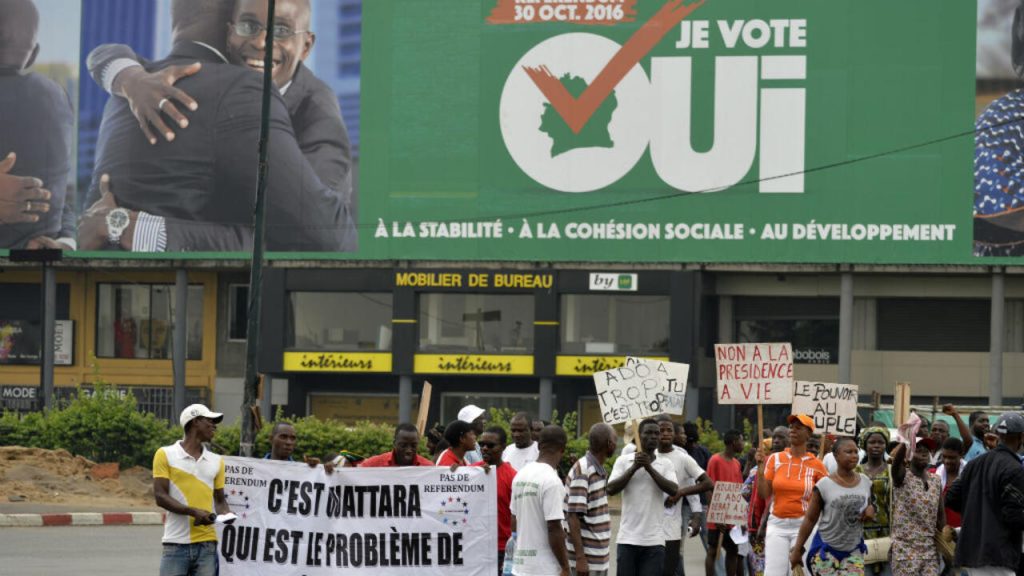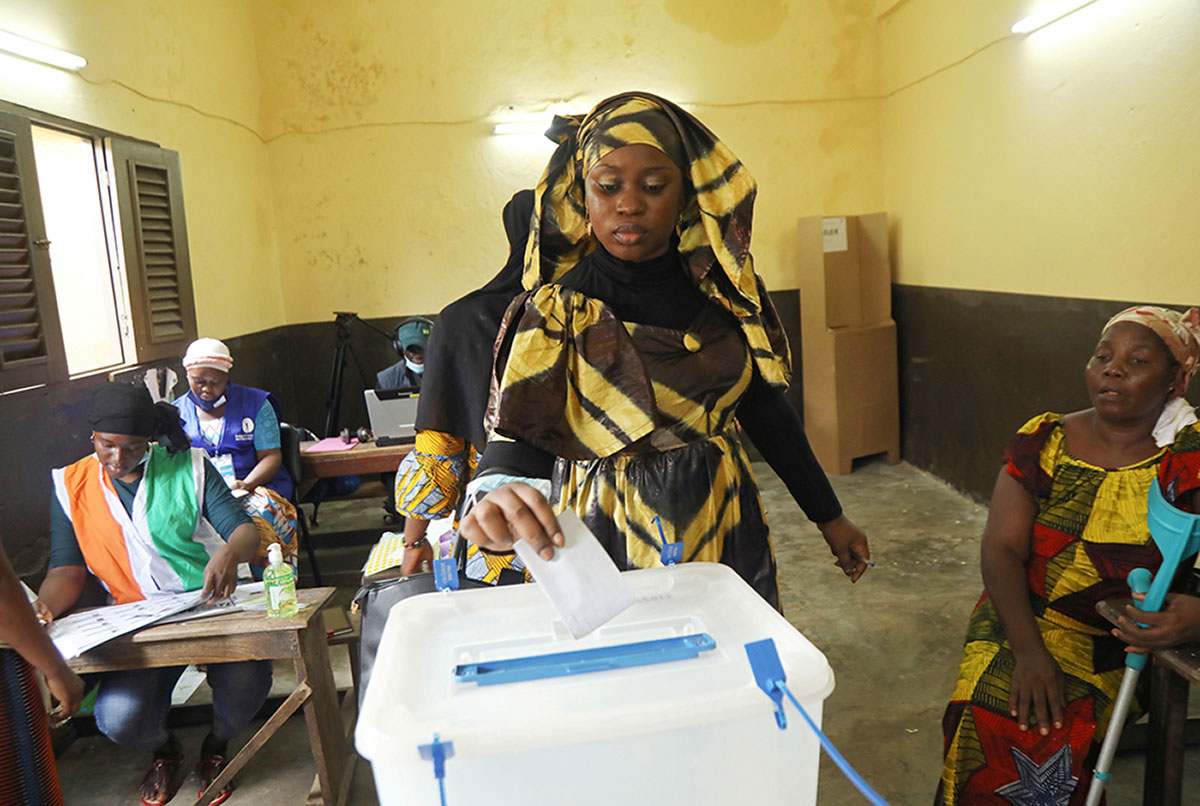Ivory Coast’s main opposition parties have announced plans to withdraw their representatives from the country’s electoral commission in protest over what they describe as a lack of transparency and bias within the body responsible for organising the upcoming presidential election.
The move, confirmed on Friday, will not amount to a boycott of the election itself, scheduled for 25 October, but marks a significant escalation in tensions between the opposition and the electoral authority.
“The statement is being prepared. Officially, we are going to leave the CEI,” said Simon Doho, leader of Democratic Party of Ivory Coast (PDCI) lawmakers. He said the withdrawal would also include the Coalition for a Peaceful Alternation (CAP), an alliance of 25 opposition parties.
The Independent Electoral Commission (CEI), which has 18 members, currently includes five opposition representatives. Critics, however, have long accused it of leaning too heavily towards the ruling authorities, undermining its credibility.
Former president Laurent Gbagbo, who now leads the opposition PPA-CI party, also confirmed that his group would suspend its involvement in the commission. Gbagbo accused the CEI of presiding over a flawed process marked by “exclusion, fraud and manipulation.”

Gbagbo has declared his intention to run in the October poll, but he is currently barred from contesting due to a prior criminal conviction, which makes him ineligible under current electoral rules.
Meanwhile, another potential opposition contender, PDCI leader Tidjane Thiam, may also face disqualification due to ongoing disputes over his nationality. Thiam, a former international banker, acquired French citizenship in 1987, which opponents argue invalidated his Ivorian nationality.
His supporters strongly reject this claim. “Can any serious individual say that Tidjane Thiam is not Ivorian?” asked Doho.
The PDCI is expected to formally announce Thiam as its presidential candidate during a party convention on 16 April.


 Trending
Trending 